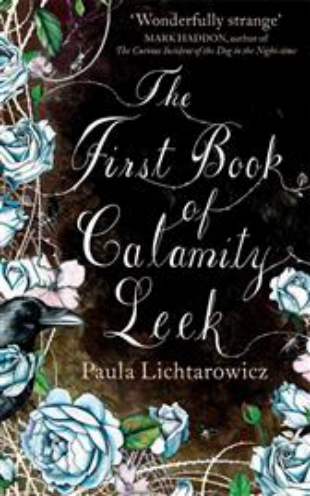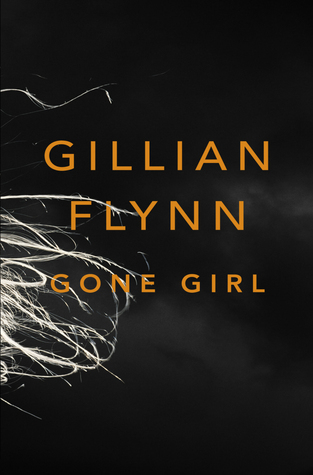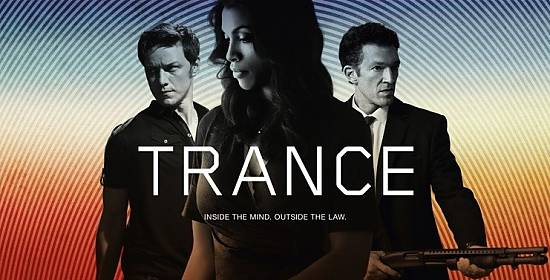So are serial killers the new vampires? Now that our favourite serial killer Dexter Morgan is going to be hanging up his plastic sheeting after one final, bloody outing in July, it looks like American network NBC is keen to fill the void with a reworking of the classic serial killer story, Hannibal.
In recent years viewers seem to have taken a bit of a shine to deadly creatures, first vampires, then zombies and now serial killers? We’ve come a long way from the days of the original Teen Wolf. The real difference with these new deadly creatures is that, of course, serial killers actually exist. Maybe not in the same form as Dexter or Hannibal but they are real enough to give a truly sinister edge to the programme.
It is particularly strange how a character that in real life would be jailed and vilified can become much more accepted and understood when fictionalised. We may only be a few episodes in to the gripping new Hannibal, played expertly by Mads Mikkelsen, but it is easy to see how by immersing himself into everyday life, even working closely with the FBI, he can remain hidden in plain sight. He comes across as educated, well spoken, normal even. Will Graham on the other hand, played by Hugh Dancy, is erratic, complicated and misunderstood.
It is a brave move by Mikkelsen to take on such an iconic role; hardcore Silence of the Lambs fans may find it hard to see anyone other than Anthony Hopkins playing the world’s most famous cannibal. Having only watched the Hannibal films a couple of times I may be easily swayed, in fact only a few episodes in and I am already hooked by the psychiatrist’s calm, reserved and haunting manner.
I should also probably admit that I have never read the books, but after discussing the show with people who have, I learned that the TV show stays much closer to the story of the books than the films. This might make a hard transition for the film lovers but I hope they stick with this new take. Exploring human relationships, mental illness and murder might not make for comfortable viewing but it does make damn good TV.



